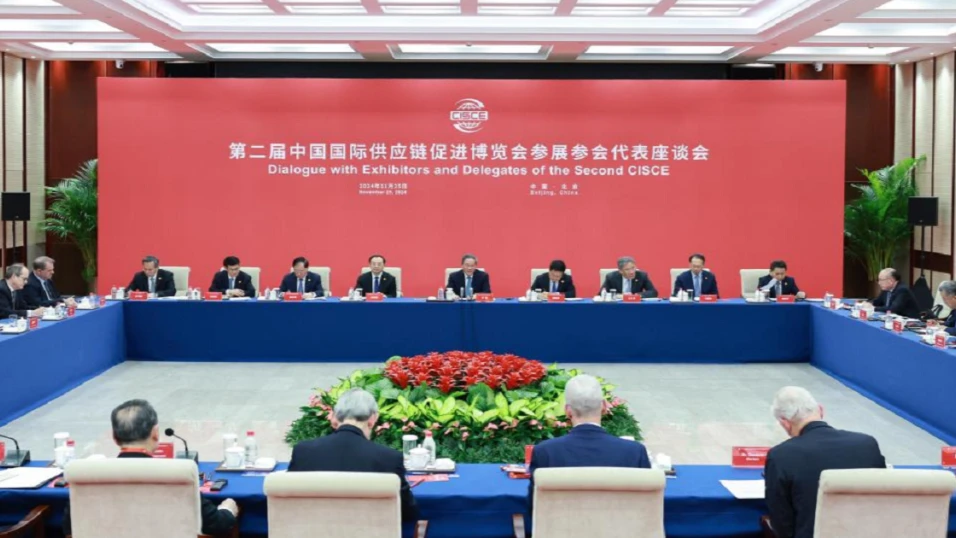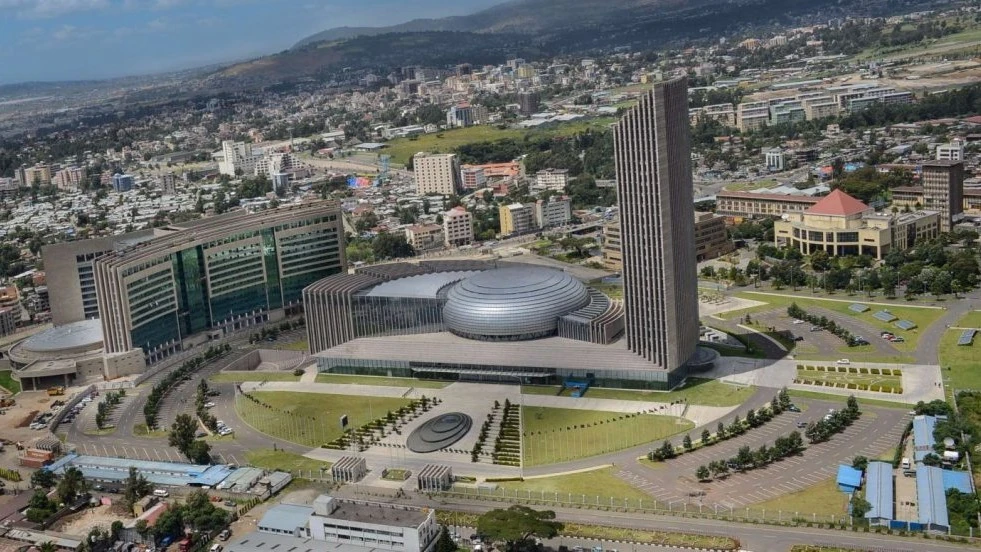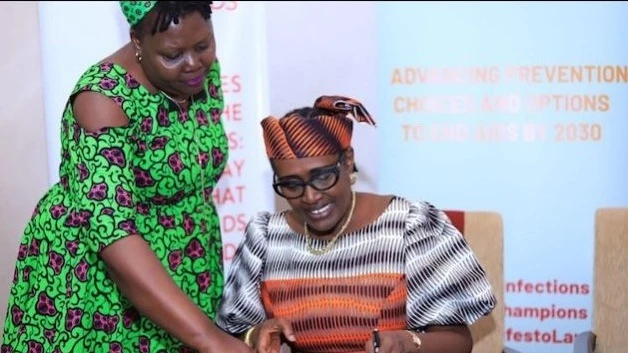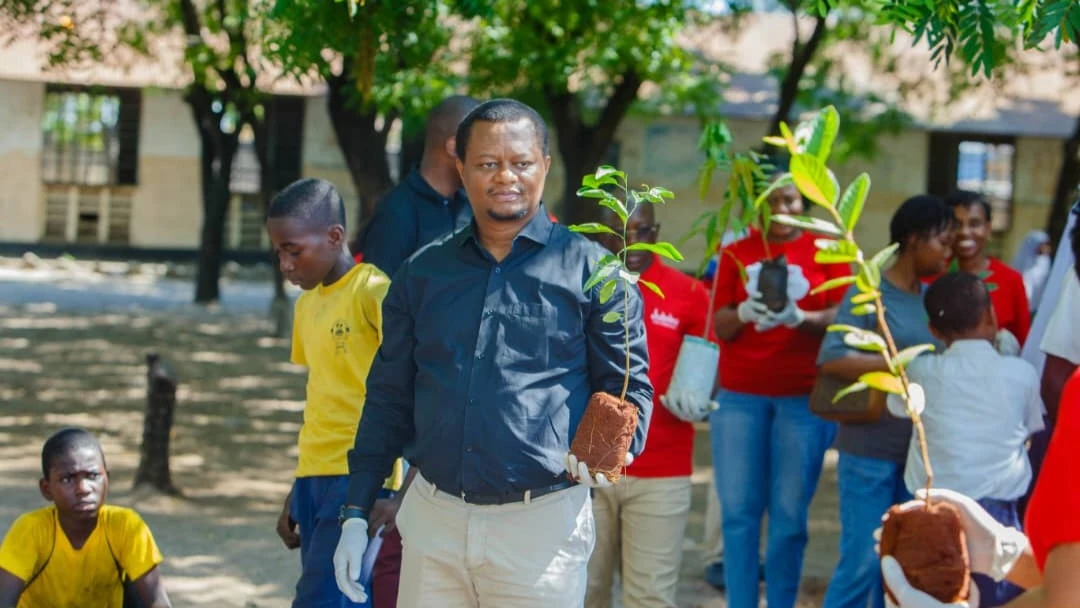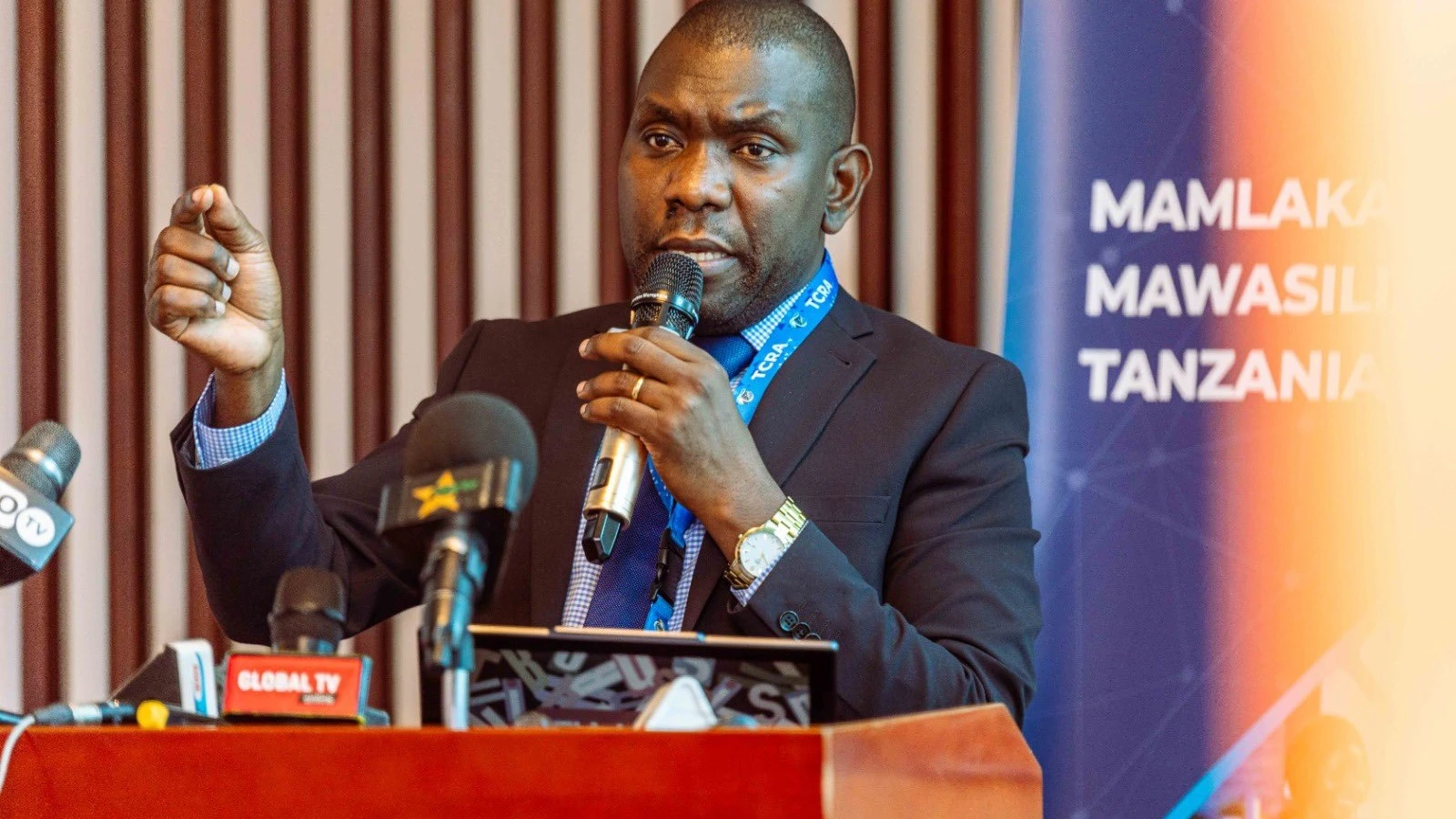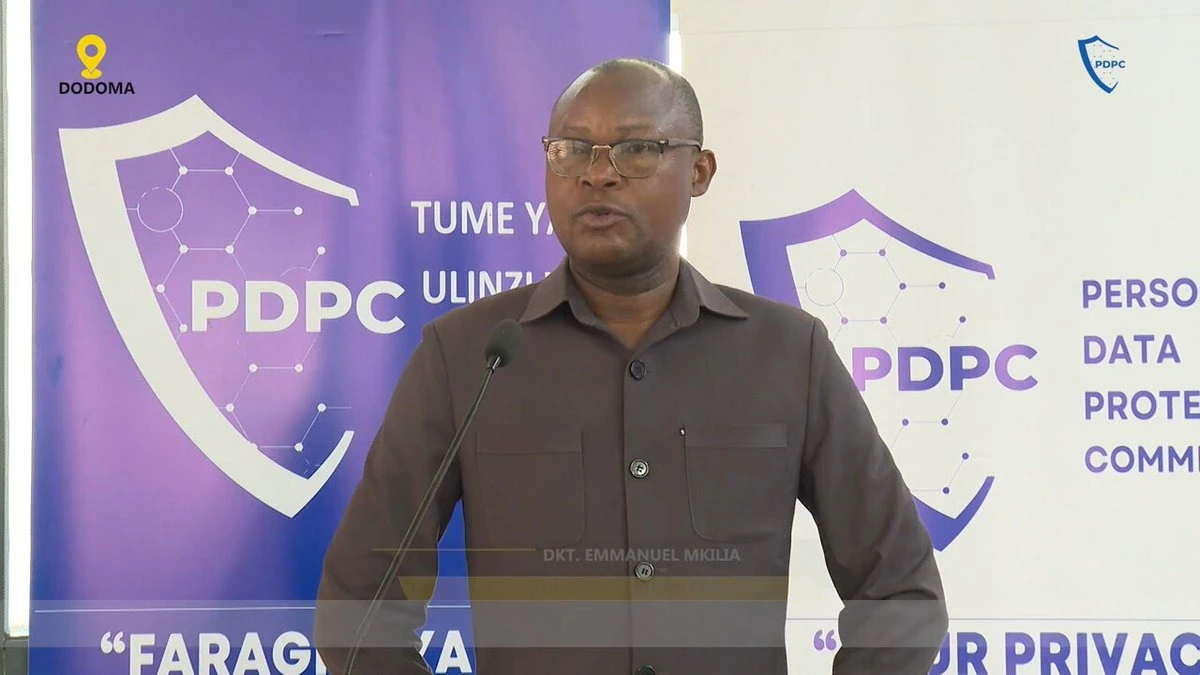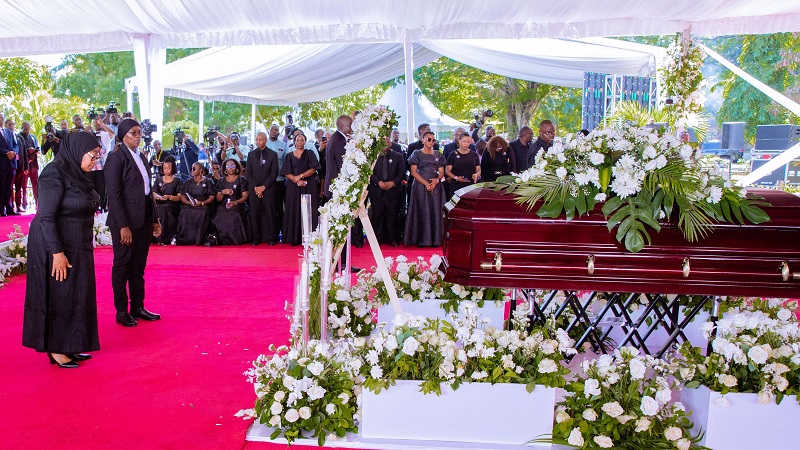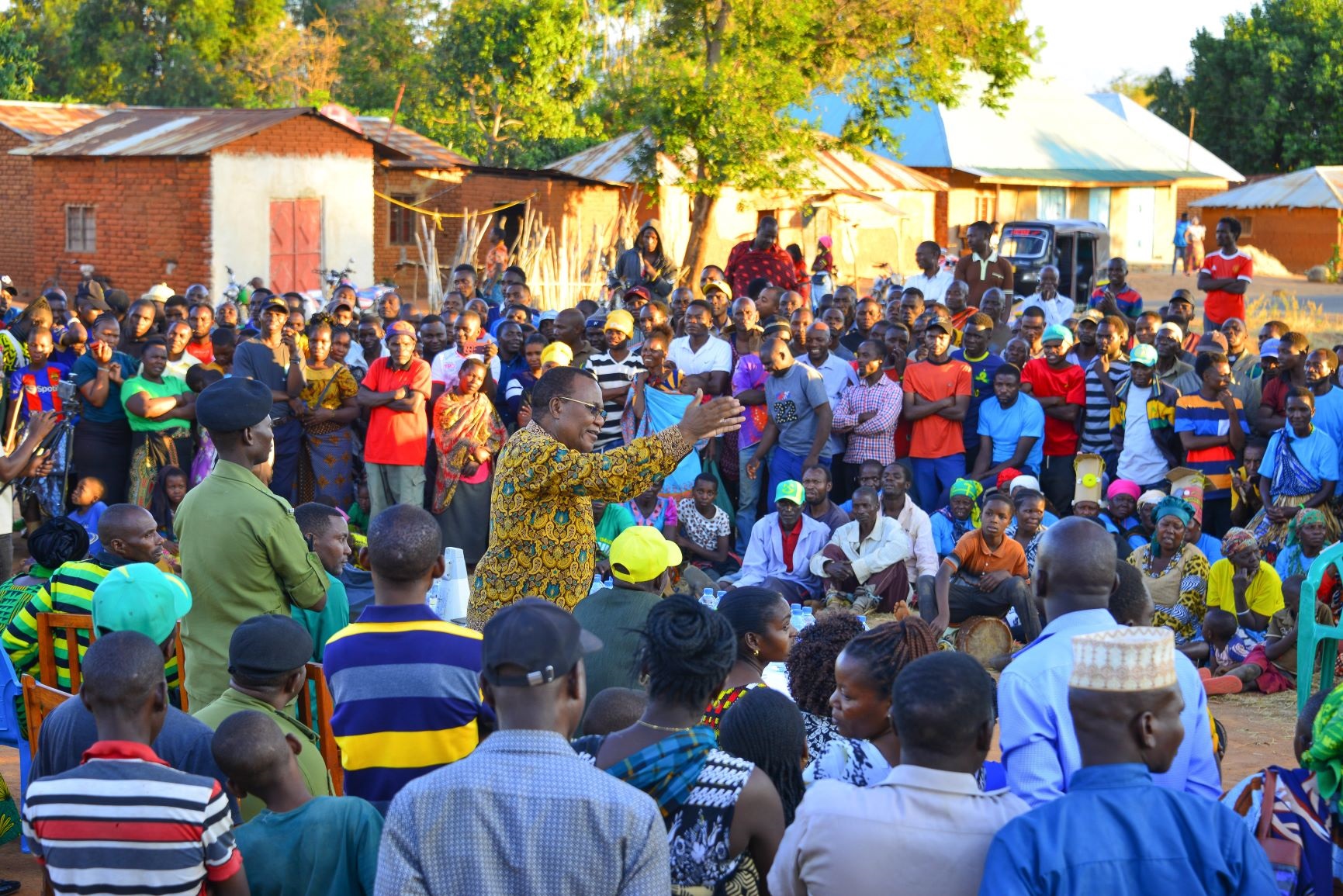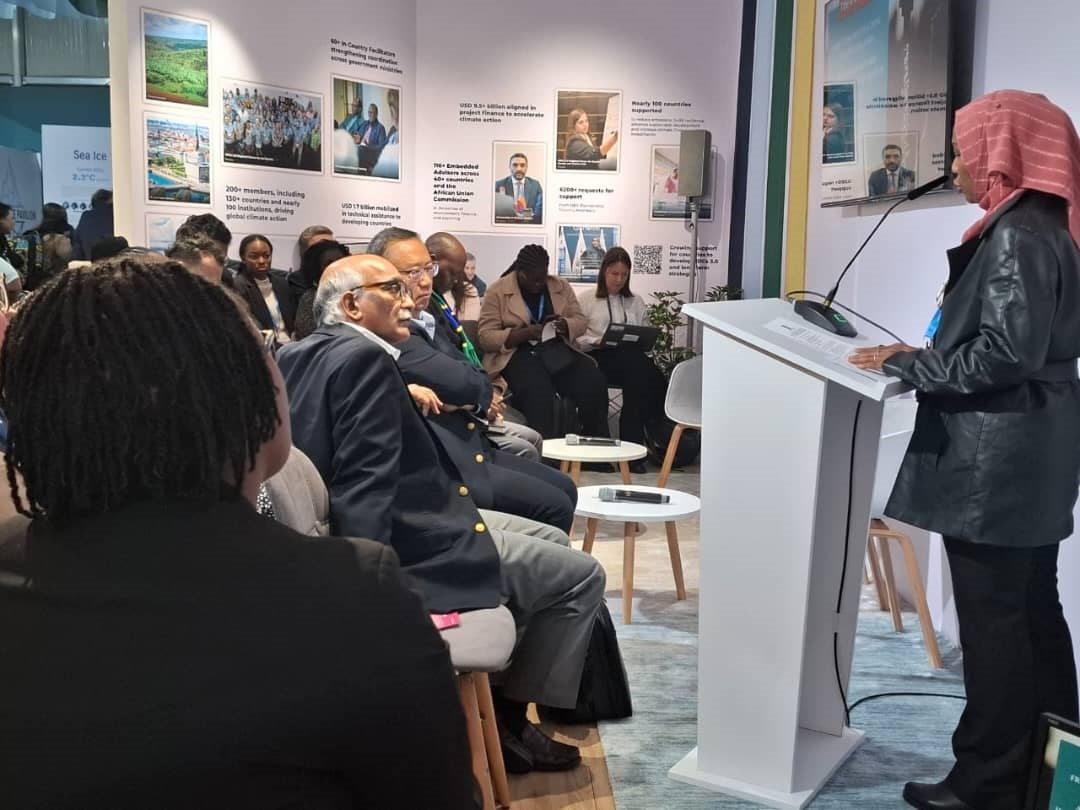Next budget plan: Treasury setting 55.06trn/- spending
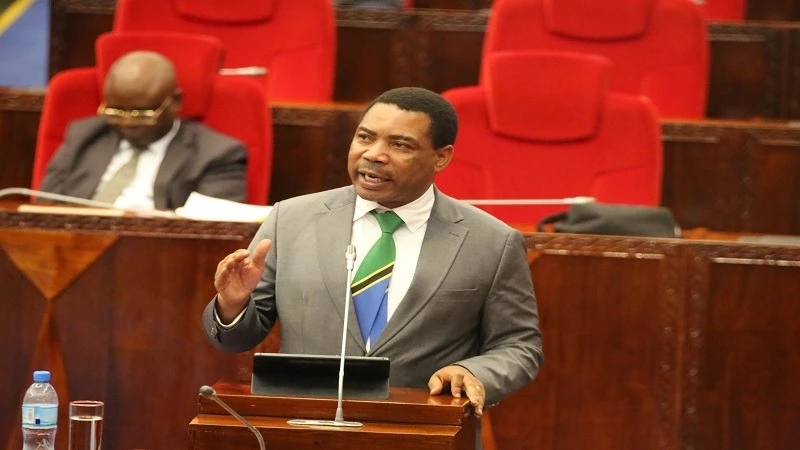
THE government expects to collect and spend 55.06trn/- during fiscal 2025/26, with funding preparations for the general election late next year among the key priorities.
Dr Mwigulu Nchemba, the Finance minister, made this projection in presenting preliminary proposals for the next budget and the national development plan for 2025/26 in the National Assembly yesterday.
Priority areas will include infrastructure development, strengthening production sector segments and community services, he said, setting grants from development partners as projected to reach 1.02trn/-.
Concessional loans from multilateral and bilateral agencies are likely to reach 5.6trn/-, with commercial loans from domestic and international sources reaching 9.4trn/-, he stated.
Key focus areas are listed as environmental management and climate change, improving governance systems to enhance accountability, promote gender equality and empower special interest groups.
Domestic revenue is expected to reach 38.9trn/-, compared to 34.6trn/- projection for fiscal 2024/25, reflecting an improvement in overall economic fundamentals, he said, pointing at strategies and ongoing measures to enhance revenue collection.
Encouraging the use of electronic payments, controlling the granting of tax exemptions and improving the business and investment environment to generate new revenue sources will be assiduously pursued, he said.
The government’s intention is to ensure that domestic revenues cover not less than 70 percent of the total budget, he said, underlining that the Tanzania Revenue Authority (TRA) and other fiduciary institutions will be implementing a medium-term revenue collection strategy to uplift domestic revenues and reduce dependence on loans and grants.
Total expenditure is pegged at 55.06trn/-, with 38.6trn/- allocated for recurrent expenditure while 16.4trn/- for development, well below a third of total expenditure.
The fiscal plan guidance outlines various instructions which responsible officers are directed to fully consider during the preparation, execution, monitoring and evaluation of the development plan and the budget, he said.
These instructions include ensuring the completion of ongoing projects before initiating new ones, settling debts related to ongoing or completed projects and ensuring that all collected revenues are deposited into the consolidated fund.
Allocations must use the digital payment system for all government expenditure, with electronic revenue collection systems undergoing regular verification, reconciliation and audits at all collection points to control revenue leakage, he said.
Equally important is to avoid contracts with suppliers without adherence to existing laws, procedures and guidelines, with adherence to tax laws as a substantial prerogative, he said.
New projects will be required to put up foundational preparations such as compensation payments for project clearance or feasibility studies, he said, stressing on the need for closely monitoring the performance of public institutions.
Those operating commercially have to and prepare strategies to enable them to list on the stock market to reduce the government's liability for guaranteeing and financing those institutions, he specified.
The government will engage relevant stakeholders in multi-sector projects, taking up environmental and climate change issues along with social needs in the planning and implementation of development projects, he said.
In the first quarter of fiscal 2024/25, the government collected 11.5trn/- from all domestic and external sources, with 7.9trn/- being domestic revenue, a welcome result on account of attaining 99.4 percent of the 7.9trn/- target, he further noted.
Grants and concessional loans climaxed at 1.37trn/-, local commercial loans stood at 1.6trn/- and foreign commercial loans totalled 593.65m/-.
“During this implementation period, 11.6 trn/- was approved for recurrent and development expenditures, where approved expenditure of 114.20 bn/- was funded through a short-term loan from the central bank, which remains within the legally acceptable limits,” he added.
Top Headlines
© 2024 IPPMEDIA.COM. ALL RIGHTS RESERVED








